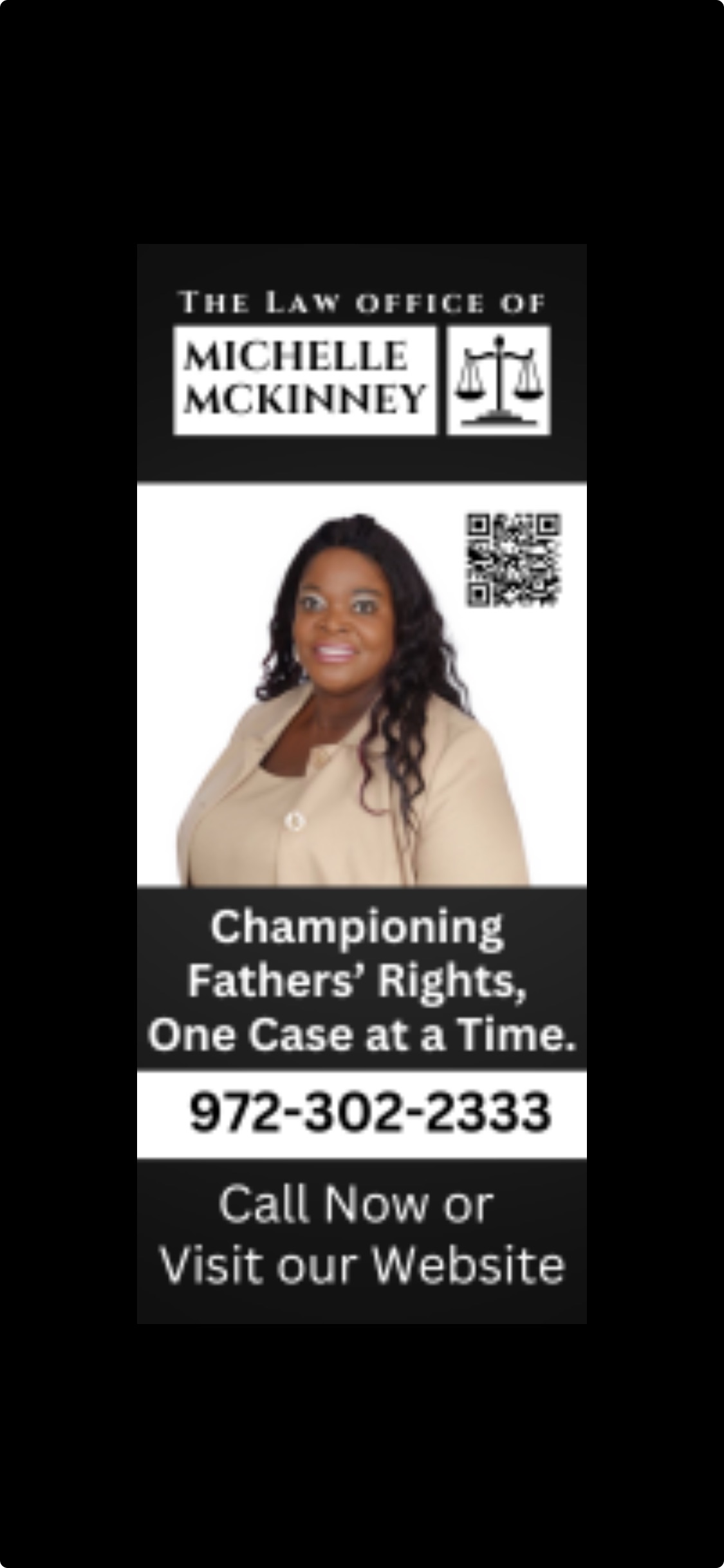What is Child Abuse?
There are four major types of child maltreatment: physical abuse, neglect, sexual abuse, and emotional abuse.
Physical Abuse is physical injury that results in substantial harm to the child, or the genuine threat of substantial harm from physical injury to the child. The physical injury (ranging from minor bruises to severe fractures or death) can result from punching, beating, shaking, kicking, biting, throwing, stabbing, hitting, burning, choking, or otherwise harming a child. Such injury is considered abuse regardless of whether the caretaker intended to hurt the child.
Suspect Physical Abuse When You See:
- Frequent injuries such as bruises, cuts, black eyes, or burns without adequate explanations
- Frequent complaints of pain without obvious injury.
- Burns or bruises in unusual patterns that may indicate the use of an instrument or human bite; cigarette burns on any part of the body
- Lack of reaction to pain
- Aggressive, disruptive, and destructive behavior.
- Passive, withdrawn, and emotionless behavior
- Fear of going home or seeing parents
- Injuries that appear after a child has not been seen for several days.
- Unreasonable clothing that may hide injuries to arms or legs.
Neglect is failure to provide for a child's basic needs necessary to sustain the life or health of the child, excluding failure caused primarily by financial inability unless relief services have been offered and refused.
Suspect Neglect When You See:
- Obvious malnourishment
- Lack of personal cleanliness
- Torn of dirty clothing
- Stealing or begging for food
- Child unattended for long periods of time
- Need for glasses, dental care, or other medical attention
- Frequent tardiness or absence from school
Sexual Abuse includes fondling a child's genitals, penetration, incest, rape, sodomy, indecent exposure, and exploitation through prostitution or producing pornographic materials.
Suspect Sexual Abuse When You See:
- Physical signs of sexually transmitted diseases
- Evidence of injury to the genital area
- Pregnancy in a young girl
- Difficulty in sitting or walking
- Extreme fear of being alone with adults of a certain sex
- Sexual comments, behaviors or play
- Knowledge of sexual relations beyond what is expected for a child's age
- Sexual victimization of other children
Emotional Abuse is mental or emotional injury that results in an observable and material impairment in a child's growth, development, or psychological functioning. It includes extreme forms of punishment such as confining a child in a dark close, habitual scapegoating, belittling, and rejecting treatment for a child.
Suspect Emotional Abuse When You See:
- Over compliance
- Low Self-esteem
- Severe depression, anxiety, or aggression
- Difficulty making friends or doing things with other children
- Lagging in physical, emotional, and intellectual development
- Caregiver who belittles the child, withholds love, and seems unconcerned about the child's problems.




